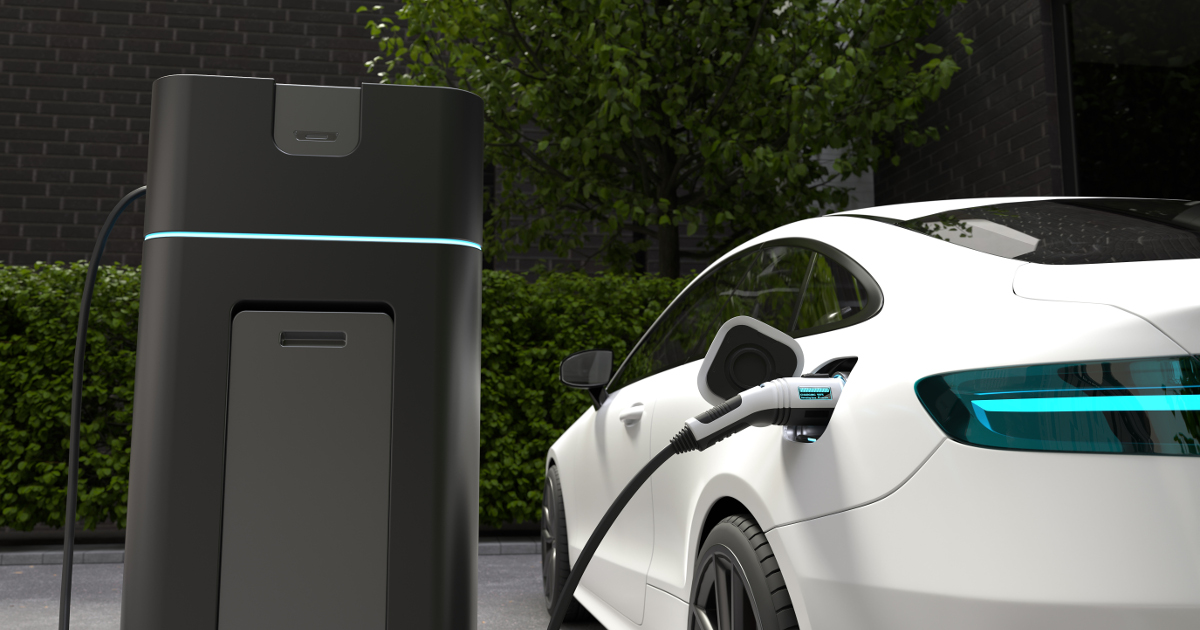
Electric vehicles (“EVs”) have garnered significant attention on economic, environmental, and political fronts in recent years. Globally, many countries have committed to transitioning from gasoline-powered vehicles to EVs. In the United States in particular, substantial investments in both the public and private sectors have facilitated this shift, with national sales increasing by 46 percent between 2022 and 2023. Pennsylvania too has witnessed a notable surge in EV adoption, with EV registrations in the Commonwealth nearly doubling from 23,487 in 2021 to 42,785 in 2022. The presence of more EVs on the road directly correlates with a larger need for EV charging stations, resulting in a number of Pennsylvania municipalities amending their zoning ordinances to address the location of these stations.
Although Pennsylvania’s main statutory zoning framework, the Municipalities Planning Code (the “MPC”), does not specifically regulate EV-related uses, such as charging stations, the MPC still endows municipalities with ample discretion to enact and/or amend zoning ordinances. Municipalities may therefore find it prudent to address EV charging stations in the zoning context.
In developing a zoning strategy for EV charging stations, municipalities may wonder where they should begin. The Pennsylvania Department of Transportation (“PennDOT”) has attempted to provide municipalities with guidance about how to address EV charging stations – and EV uses generally – by working in conjunction with researchers at Temple University to release an “EV Model Ordinance Toolkit,” which is available on PennDOT’s website. The toolkit also includes a development guidebook that contains a model ordinance (on pages 33 through 37), as well as advice on optimal charging station locations. In December of 2023, the Bucks County Planning Commission also released its own model ordinance, becoming one of the first Pennsylvania counties to do so.
Several local governments have already taken steps to regulate EV-related uses:
- Lititz Borough – Became the first municipality in Lancaster County to regulate EV charging stations by adding Section 324 to its zoning ordinance;
- Narberth Borough – Amended to its ordinance to establish publicly available EV charging stations and designate corresponding parking spaces;
- Royersford Borough – Enacted an ordinance regarding designation of public parking spaces for charging of EVs;
- Warwick Township – Amended its ordinance to require the installation of at least one EV charging station if developing an accessory fueling station; and
- Whitemarsh Township – Amended its zoning ordinance to require EV charging stations as a part of parking regulations.
Practically speaking, the increasing prevalence of EVs will inevitably require that municipalities re-evaluate their zoning ordinances regarding how to accommodate EV charging stations. Municipalities should therefore 1) remain aware of any new legal developments concerning EV charging stations by consulting with their solicitors; and 2) maintain open communications with residents and local businesses. Doing so will assist in regulating EV charging stations in a manner that fulfills the municipality’s comprehensive plan and aligns with the community’s overall land use objectives.
If you have questions about zoning for EV charging stations, or for zoning/land use or municipal law generally, please contact Matt Korenoski at mkorenoski@utbf.com.



